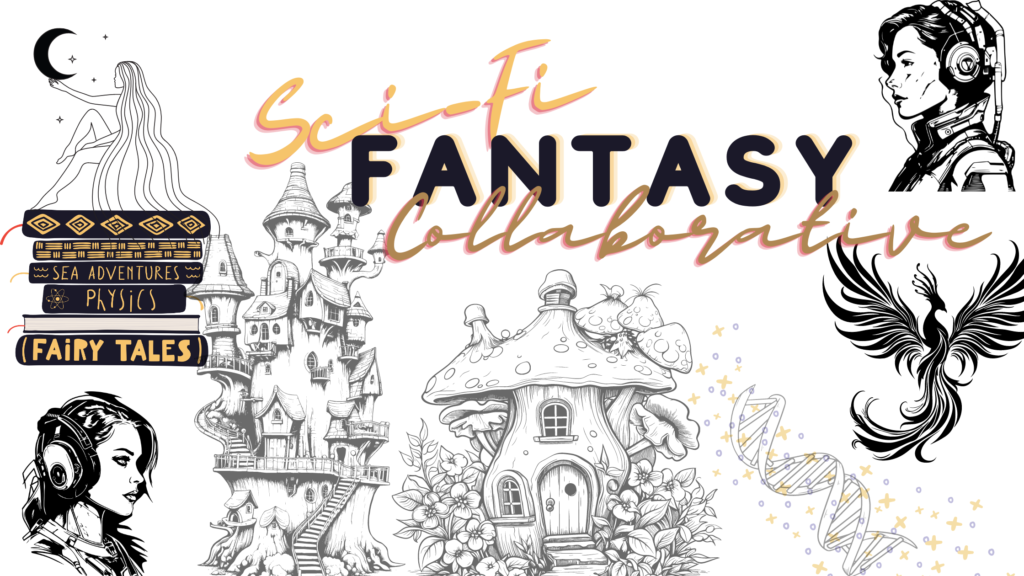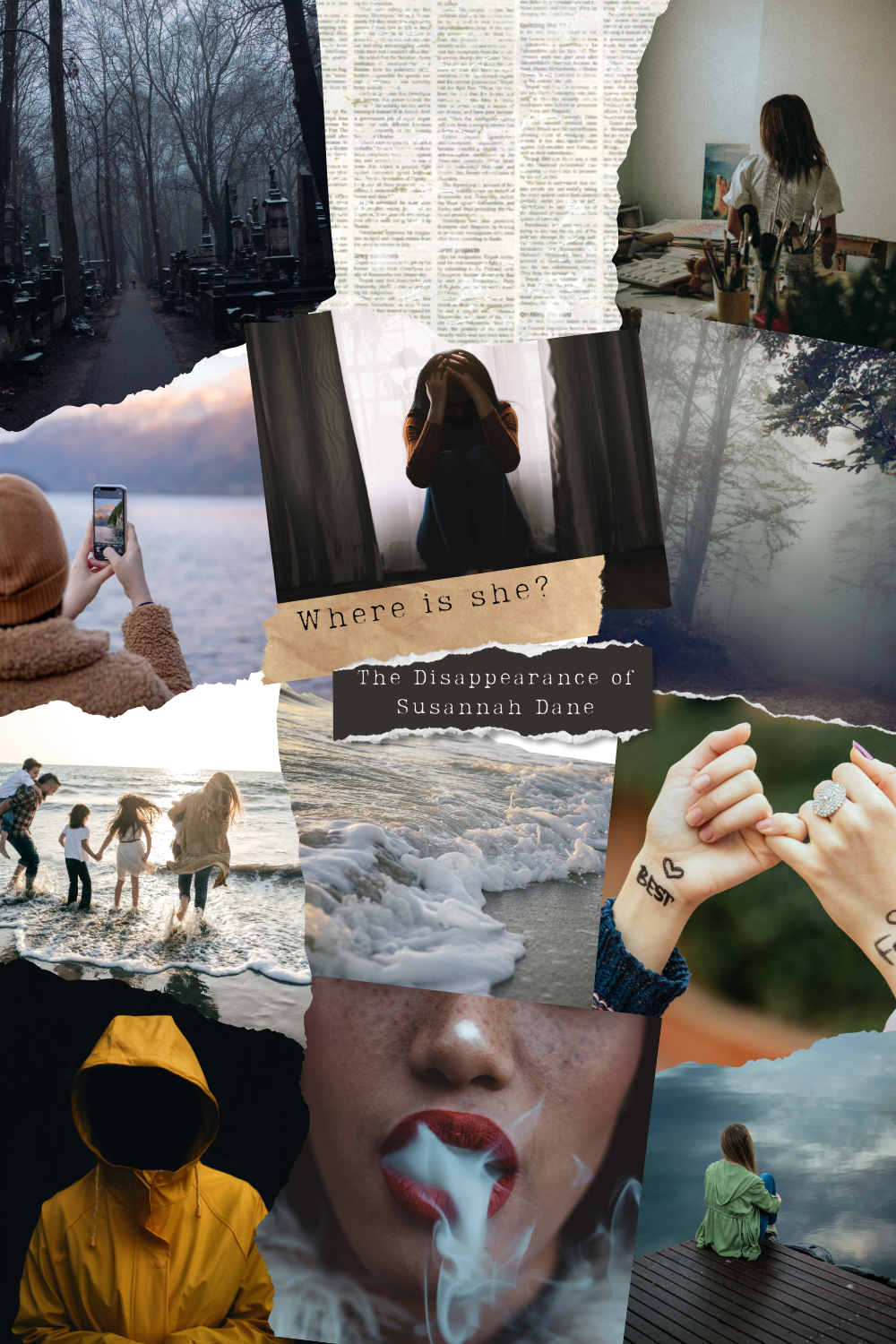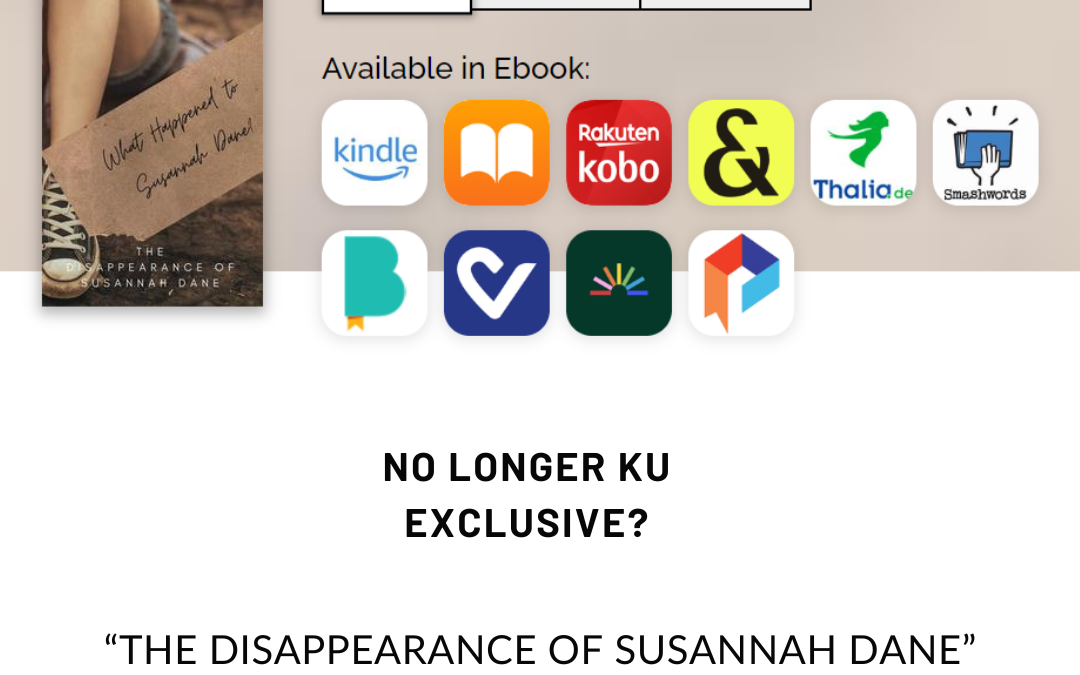Writing is an activity that is best done in solitude. I have rarely enjoyed writing anything, even an email if someone is looking over my shoulder. However, being part of a writing community is vital if you want to be a writer. Even if you aren’t trying to write professionally, engaging in a writing community can be an extremely helpful motivator to finishing your projects (hobbies or not.)
Book Twitter
When I first joined Twitter, in the summer of 2016, I was anxious. I had never posted anything under my pen name before and it felt a little weird. It was like navigating the world and real relationships but with a gamer tag. I didn’t like writing things and signing them under this assumed name that wasn’t my own. It was awkward, honestly. But I was not the only one. In fact, people were writing under usernames much more odd than a pen name (think like.. Unicorn Kitty Cat Writer or any blend of those words.) I started engaging in the #writingcommunity and after a while, some faces started to feel familiar to me.
Eventually, I stumbled across someone called The Picky Bookworm, a book reviewer and editor, and I just so happened to need a new editor who could edit an article for me. I was working with a new client and was nervous that my self-editing skills wouldn’t match their editor’s skills. Clients often hire their own editors when working with freelance writers. So, I reached out to Pamela and let her know I’d be willing to pay a rush fee. I was getting paid to write the article for the client and I knew that paying that fee would come out of my check, but I also knew that if I did a great job, I could get repeat business with the client. It was worth it to me. And Pamela came through! She got the article back to me quickly with a few helpful notes and the client ended up loving it.
This sparked the start of a writing community that was a little closer than the wide net of Book Twitter. I got to know Pamela more and realized that we had a lot in common. Of course, we both read a lot of books. We both play Stardew Valley. We both run blogs, review books, and generally try to reach out to the Indie Author Community as much as we can (without interfering with our own lives and work.)
I know that Twitter, ahem- X, has changed a lot in recent years. In fact, I took two-year-long breaks with one singular post in between over the past few years because I noticed that the “writing community” was starting to feel more like the “post-only-your-own-books-over-and-over” community. I’m all about self-promotion, but the ratio between free advertising via spamming book covers and actual conversations was starting to look grim.
Although, sometimes one of your favorite authors likes one of your posts and that makes it worth it to stick around (at least a little.)

If Not Twitter, Then… What?
What I was looking for in a writing community was (and is) people who will commiserate when I don’t feel like writing that day and encourage me to do it anyway. I wanted to be able to share in their successes and have them share in mine. I wanted to be candid about bad publishers and professionals in the industry that should be avoided after they scammed people out of money or worse.
My idea for a writing community was The Sci-Fi Fantasy Collaborative. At first, I was extremely selective. I removed authors if they stopped responding to the emails or didn’t share other writer’s works as often as their own. I had to drop a few that ended up deleting their pen names (and some, even their books) for reasons unknown. But a few members always stuck around. I tried to make it worth their time by initially doing a lot of legwork. I offered to read their books, do interviews with them, and share their stuff on social media. I wanted the collaborative to feel like they were a part of something. We were creating our own network of Indie professionals that could help each other out, if and when the need arose. Even if it started out with only five of us.

We started as an email chain that mostly only got in touch when someone dropped a new book or needed a recommendation for a book cover artist. Then I discovered Discord. I created a server for the group and started inviting more authors and other industry professionals. There is a small, but active group in there that has become a very supportive community.
There’s the aspect that it’s like social media because each post is public, but the flow of content is not driven by followers or likes. I think it inspires a deeper conversation because you can follow threads and post questions, without worrying about sounding dumb to thousands of people. There’s literally less than 20 of us in there. If a conversation gets too personal, there’s always the option to send a DM instead. Discord has been a great outlet for this community and I try to remember to invite other science fiction and fantasy authors whenever I get the chance. (Hey you, if you want to belong here, send me an email or reach out on Twitter and I will send you the invite link.)
For me, having this group of creative minds to reach out to has been invaluable. For one, I get to share with them when Scott Westerfeld likes my post and geek out over it. And when I need to find someone to format a paperback or I want to share that I’m doing some crazy 30 Days of Blogging challenge, then I know I can find someone in there that can probably help out. And I want to help them too.
Writing is a solitary activity, but being a writer means you need a team of people. You will have to get used to working with editors and formatters, book cover designers and maybe even agents, publishers, and publicists. You have to be willing to send out your novel to beta readers and try not to hold your breath the entire time that you wait for a response. And it’s a lot easier to do all of those things if your team is a group of people that you genuinely like and respect.
I hope that each of you finds your own writing community, whether you join mine or seek out a writing club at your local library.




![The Lake by Natasha Preston [Book Review]](https://elizastopps.com/wp-content/uploads/2025/05/81egaTM6DyL._SL1500_-1015x675.webp)

0 Comments